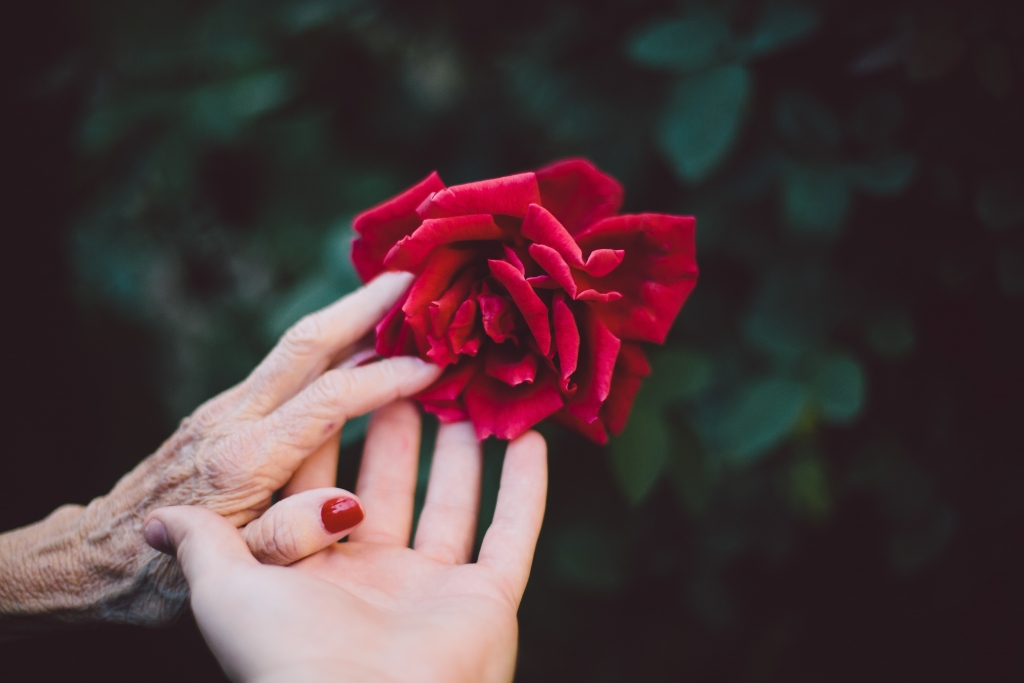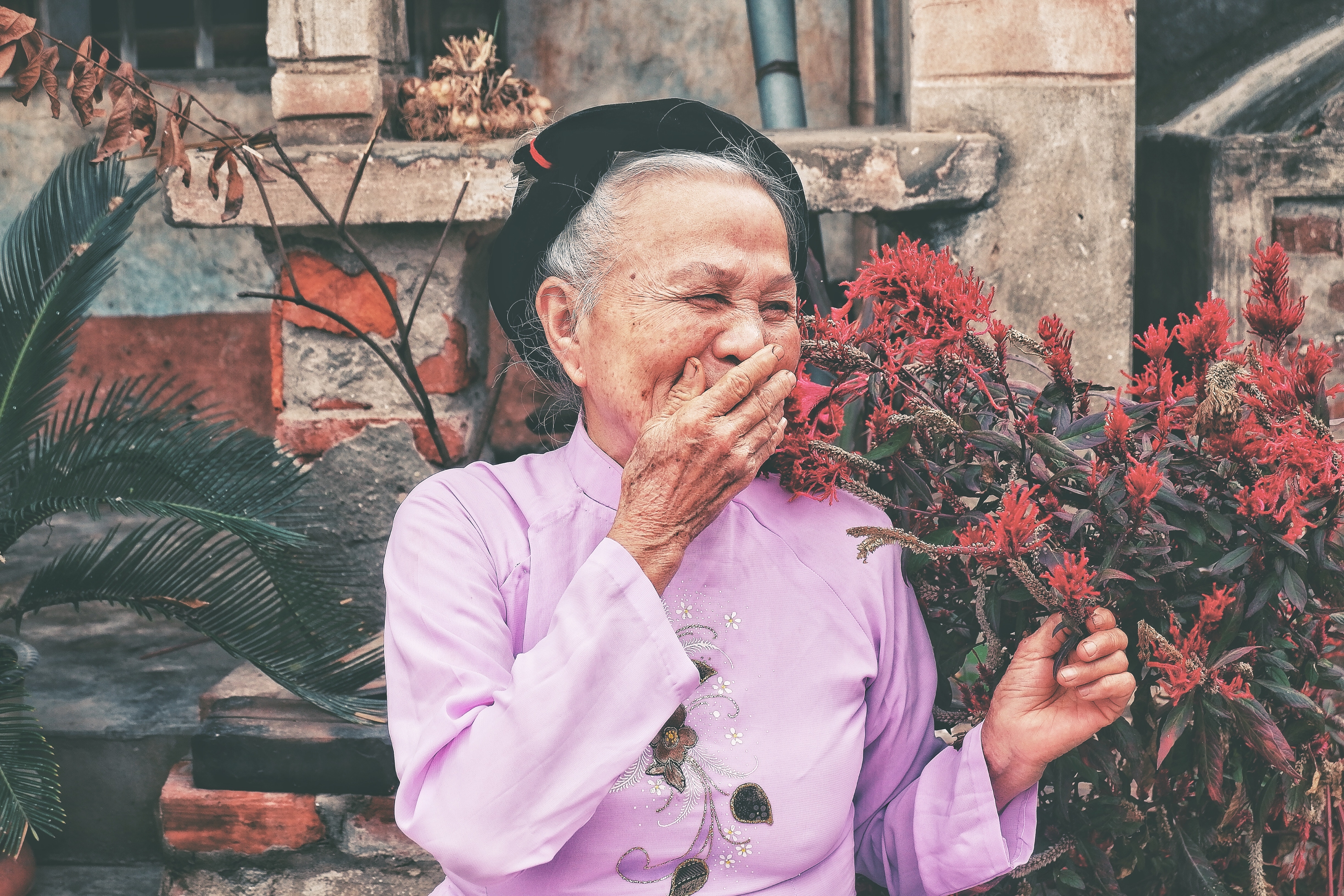Elders are highly respected in many societies around the world. In Native American cultures, for example, elders are revered for their wisdom and life experience and hold places of honor within the tribe. Korea is another example of a culture that puts an emphasis on showing elders respect and deference and caring for them as they age. In Western cultures, however, we often focus heavily on our youth and make aging a shameful process that we try to hide in retirement communities or rest homes. This is a mistake, as our elders play a critical role in every society and can make an enormous impact on humanity as a whole.
Here are just a few reasons why our world needs elders:
Elders Have Life Knowledge
Every stage of life has already been experienced by our elders. Their life experience may have included multiple careers, marriage, raising children, entering middle life, and the aging process. Facing trials can be made much easier when you’re able to talk with someone who’s already been through it. Elders have the life experiences that create wisdom and understanding—and many of them are eager to share this knowledge with their younger family members or with larger audiences. When we listen to our elders, we can get a better perspective on our own experiences and make decisions that lead to more fulfilling lives.
Elders Can Provide Family Support
In many societies, elders support the household members and may perform childcare duties for their grandchildren and great-grandchildren, providing valuable support and reducing the need for childcare by strangers. This often occurs because elders continue to live in family homes (or return to family homes) as they age and are part of a highly-valued extended family. In Western societies, grandparents often live hundreds of miles away from their children and grandchildren and are unable to provide this valuable support that benefits both them and their kids.

Elders Connect Us to Our History
History takes on a deeper meaning when we hear it from those who have actually experienced it. Our elders can tell us what it was like to live through world wars, segregation, and life before the internet. When we focus too much on the present and the future, we lose perspective and forget that our society was built on the hard work of those who have come before us, who suffered unimaginable circumstances for us to be where we are today.
Elders Teach Respect
In today’s Western society, we tend to respect that which demands our attention or represents wealth and power. Elders teach us that respect is earned—often over a lifetime. When we encourage our children to respect their elders, we are showing them that we do not live in a throwaway culture where attention needs to be focused on the next big thing. Instead, we impart the lesson that respect develops over time and that spending time with and listening to their elders is a way to deeply connect with those who have put in the time and effort that deserves recognition.
Our elders can teach us respect, impart knowledge, and be supportive and wise family members. Humanity as a whole—and our Western culture in particular—need elders in our lives to connect us to our past and help us move more confidently and bravely into the future.





